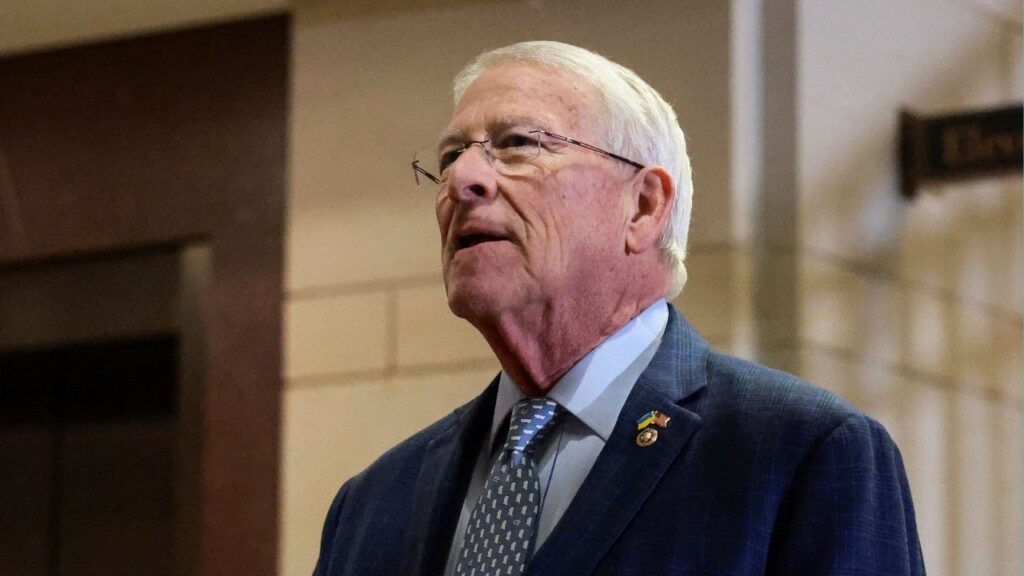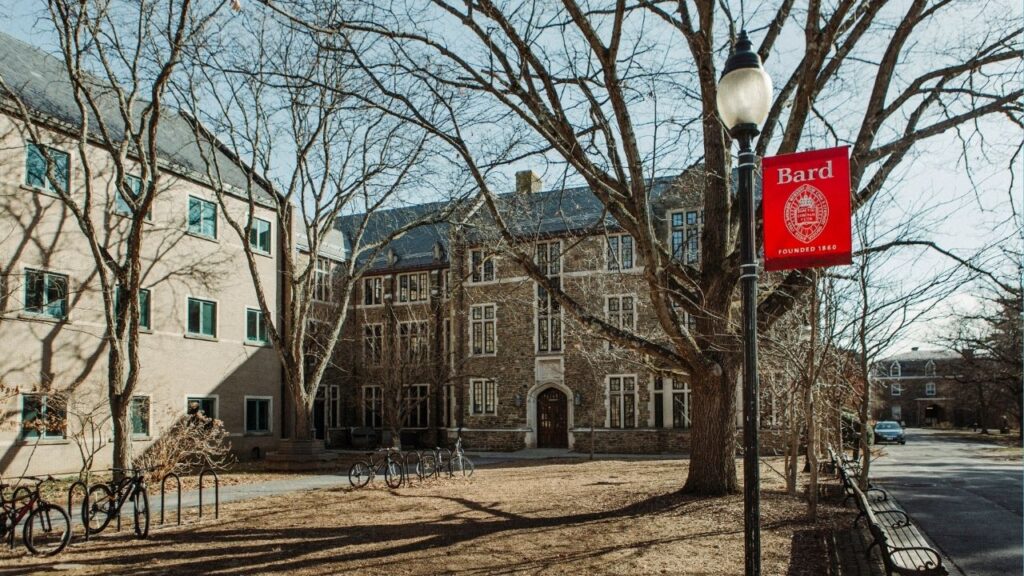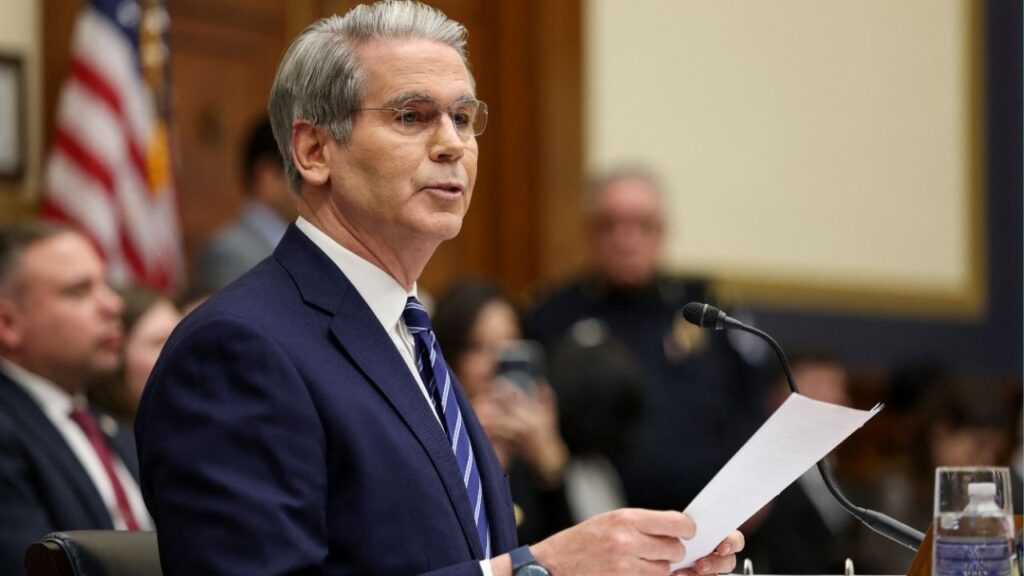Share
The California Department of Education is starting a new education initiative to help students better understand and respect people of different races, ethnicities, religions, genders, and gender identifications, state Superintendent of Public Instruction Tony Thurmond said Monday.
Thurmond was joined in the virtual news conference by California legislators and representatives of nonprofit organizations that will be partnering with the department to help develop the “Education to End Hate” initiative.

The initiative will include providing mini-grants to schools and districts to develop the initiative, Thurmond said. Details of the mini-grants, which could be used to hire substitutes so classroom teachers can get time for training, will be announced soon, he said.
The initiative is being underwritten by a $500,000 grant from the S.D. Bechtel, Jr. Foundation, which has already provided $500,000 to the department.
Partners in the endeavor include Equality California, the Simon Wiesenthal Center in Los Angeles, and the National Equity Project, Thurmond said.
Equality California is a nonprofit civil rights organization that advocates for the rights of LGBT people in California, the Wiesenthal Center is the largest Jewish human rights organization on the West Coast, and the National Equity Project is an education reform organization headquartered in Oakland.
Education Counters Hate
Hate speech and actions targeting African Americans, Latinos, LGBTQ people, Asian Americans, and others have been increasing nationwide since 2016, Thurmond said.
“Education continues to one of our most powerful tools for countering hate and for promoting understanding and tolerance,” he said.
The new initiative will include a teaching tolerance round-table where education and social justice leaders will meet to discuss how to effectively teach about racism, bias and hate, Thurmond said.
Rabbi Meyer May, executive director of the Wiesenthal Center and Museum of Tolerance, said that before COVID-19 more than 130,000 students in school groups visited every year. Studies have shown that the impact of visiting the Museum of Tolerance lasted longer than other museum visits because of the subject matter, which includes teaching students about the Holocaust, and the way it’s presented, he said.
The center has already trained more than 70,000 front-line educators on issues that include developing an anti-bias curriculum, cultural proficiency, and hate online, he said.
Moving Beyond Mere Tolerance
The goal, May said, is to create a better society in which we don’t “just tolerate each other, but understand each other and respect each other, and find ways to communicate with each other appropriately.”
When asked about President Donald Trump’s tweet earlier this month threatening to withhold federal dollars from schools that use the New York Times Magazine’s “The 1619 Project” to teach about the ongoing consequences of slavery to the U.S., Thurmond answered vehemently that the tweet “was just ridiculous, and reckless, and irresponsible, to in any way suggest that schools would somehow have their funding threatened for simply teaching the history and the facts that racism has existed in this country, and that there are deep impacts from slavery, and that that should be addressed, and that that should be taught.”



















